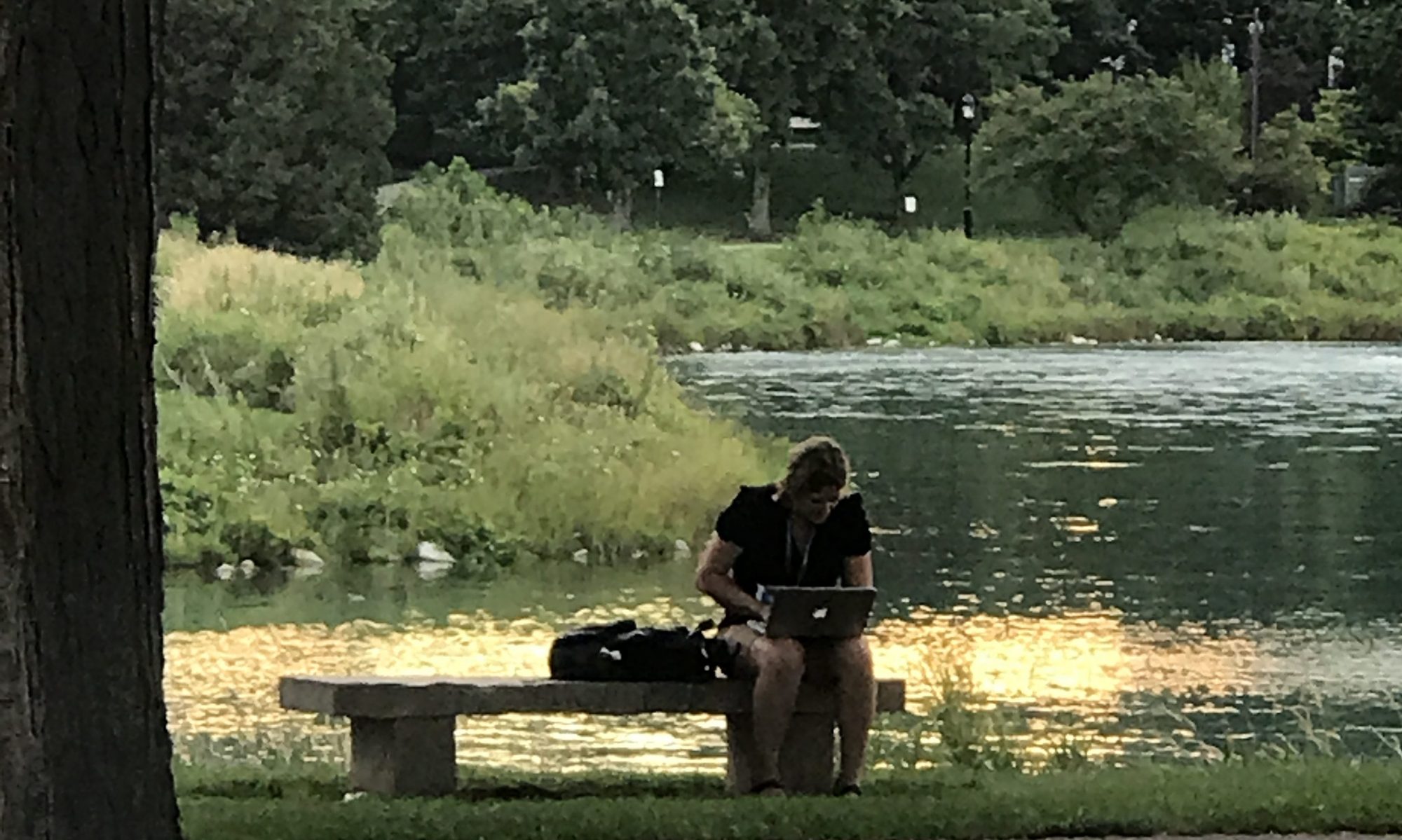This year I have the privilege to be Dr. Fred Cheng (National Academy of Engineering) protege at the The Academy of Medicine Engineering Science and Technology of Texas (TAMEST) conference. To be an inducted member of TAMEST, one must be a Nobel Prize member, member of the National Academy, or a member of the Royal Society and resident of Texas. All members of TAMEST can designate a protege as a guest at their annual meetings. Coincidently this year my husband, Steve, was the protege of David Meltzer (National Academy of Sciences). The opening reception was held at the Houston Space Flight Visitor Center. Together we got to explore the center’s various exhibits.
The event brought back memories of high school when I had grand plans of joining either the Air Force or Navy’s ROTC program and becoming a space flight control officer — as stepping stone to becoming an astronaut. When career day came at my school, and we had to pair up with a professional in the field for a day to see what our dream jobs were really like, my school guidance counselor decided that the best match would not be an engineer or scientist — but the Navy recruiter who regularly visited our school. Boy, I can tell you that had little to do with the job I had envisioned — because I really wasn’t interested in sales (the real job of a military recruiter) and this guy really didn’t get me.
The day I spent with the Navy recruiter we visited numerous high schools and talked to a bunch of kids and occasionally their parents. Some of the students were already signed up and ready to go to boot camp, others were just thinking about signing up or just trying to get out of class for an hour. However, the one vivid memory I have of that day that still haunts me happened at this one school where we didn’t have any visitors. The recruiter handed me this article to which he thought I would really relate. It was written by a navy wife. She wrote about how she learned to “live with” the toilet paper having to be placed on the roll a certain way so she could no longer fold the edges under and other “regulations” that she had learned to live with it.
This seemed so ridiculous to me. I felt absolutely insulted. Did this guy really think I wanted to sit home all day and worry about cleaning bathrooms and folding the corners of toilet paper? I had taken a day away from classes, extracurriculars (gymnastics practice) and my social life to learn about a future career in science and technology and this guy thought my concerns were domestic life — which I had pretty much mastered being the oldest of four kids with working parent living in rural America!
That day I learned nothing about a career in science. It seemed to me like a complete waste of time. But in retrospect — although I didn’t have the vocabulary or understanding of the concept at the time, I probably had my first glimpse of gender bias. The recruiter thought that because I was a women, the “regulations” that a military life required would somehow upset and bother me in a way that it didn’t upset or bother men. However, all the article really did was insult me.
In the end, I decided to not join any ROTC program — I was afraid to commit that many years of my life without any guarantees I would end up with a choice of a career path. So, I just went to college with no clue of what to even major in. When I came out of college over a decade later, I had a BS in Applied Math and Physics, an MA in Physics, and a Ph.D. in Physics and I now work as an Associate Professor at Southern Methodist University in Dallas, Texas. I never did become an astronaut, but I have done a lot of very cool science.
